
Former Minister of Environment, Science, Technology and Innovation, Prof Kwabena Frimpong-Boateng, says the Inter-Ministerial Committee on Illegal Mining (IMCIM) did a “brilliant” job.
According to him, the committee helped the Small Scale Miners Association secure licenses for its members and trained them on sustainable mining practices.
Prof Frimpong-Boateng’s comments came after he was invited by the Office of the Special Prosecutor (OSP) for alleged corruption-related cases regarding certain expenditures by the defunct IMCIM, which he chaired.
“When we started, members of the Small Scale Miners Association were blamed for the ills in the mining sector, such as environmental pollution. Ghanaians were annoyed with them, so we engaged with them. There were about 3,400 of them, and they said they had challenges, such as long delays in obtaining licenses. It could take three, four, or even up to 10 years to get a license, or they might not get one at all. So when the license process was delayed, they would go out and mine illegally.”
“We developed a software called ‘Galam Stop’ that would help to speed up the licensing process. The software was so effective that if a miner started the process at the Minerals Commission, it would trigger the process at the other regulatory agencies, such as the Environmental Protection Agency (EPA), the Water Resources Commission, and the Forestry Commission. This meant that, if everything went smoothly, miners could get their licenses within three months.”
Prof Frimpong-Boateng said that the IMCIM took about 4,000 small-scale miners to Tarkwa to study sustainable mining practices. This enabled them to be vetted and registered.
“So, within about six to nine months, during the period when they were asked not to work, they were able to register thousands of miners, and they went back to work without anyone harassing them.”
Prof Frimpong-Boateng said that the “trouble” started when companies that were not part of the Association entered the field and started illegal mining. He added that the Forestry Commission also started giving out licenses to people to enter forest reserves.
“Forty-seven forest reserves were entered and people were mining. You see, a forestry commission license does not permit you to mine. We had these challenges, and that was how we started getting into trouble.”
However, Prof Frimpong-Boateng said that the IMCIM worked with the taskforce of the Small Scale Miners Association to displace all those working on water bodies.
The post IMCIM did a brilliant work – Prof. Frimpong-Boateng appeared first on Citinewsroom - Comprehensive News in Ghana.
Read Full Story

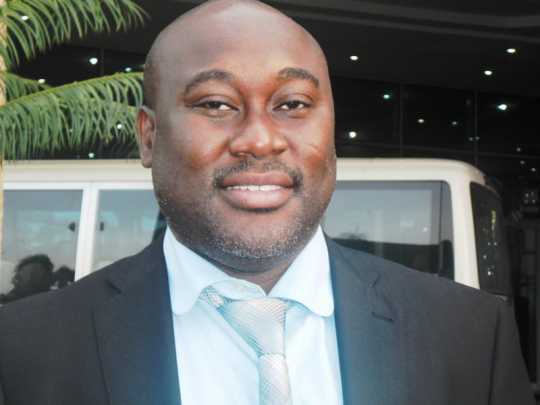
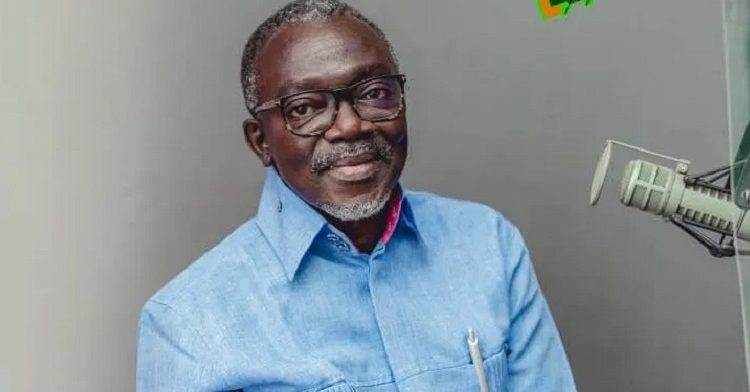
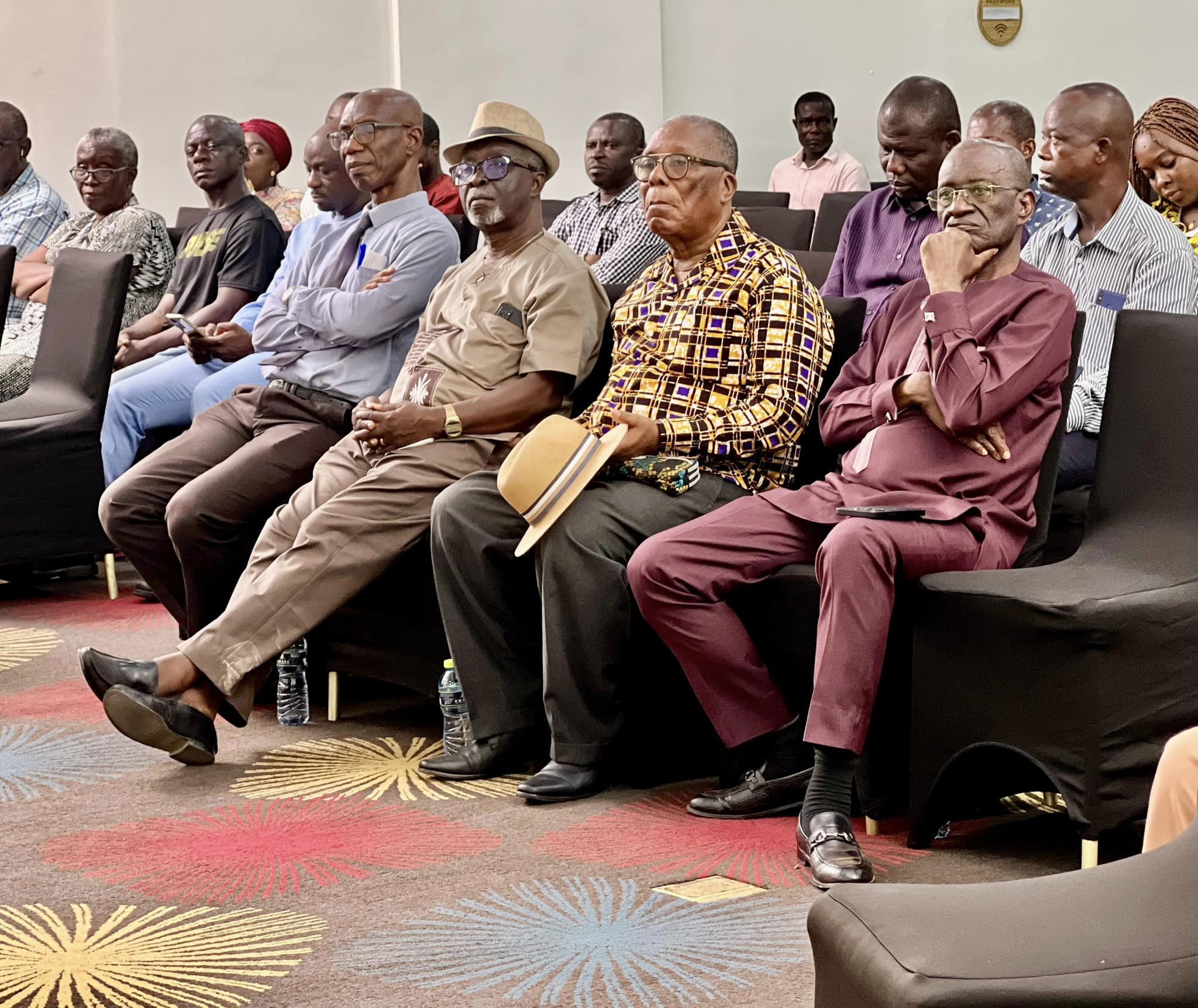
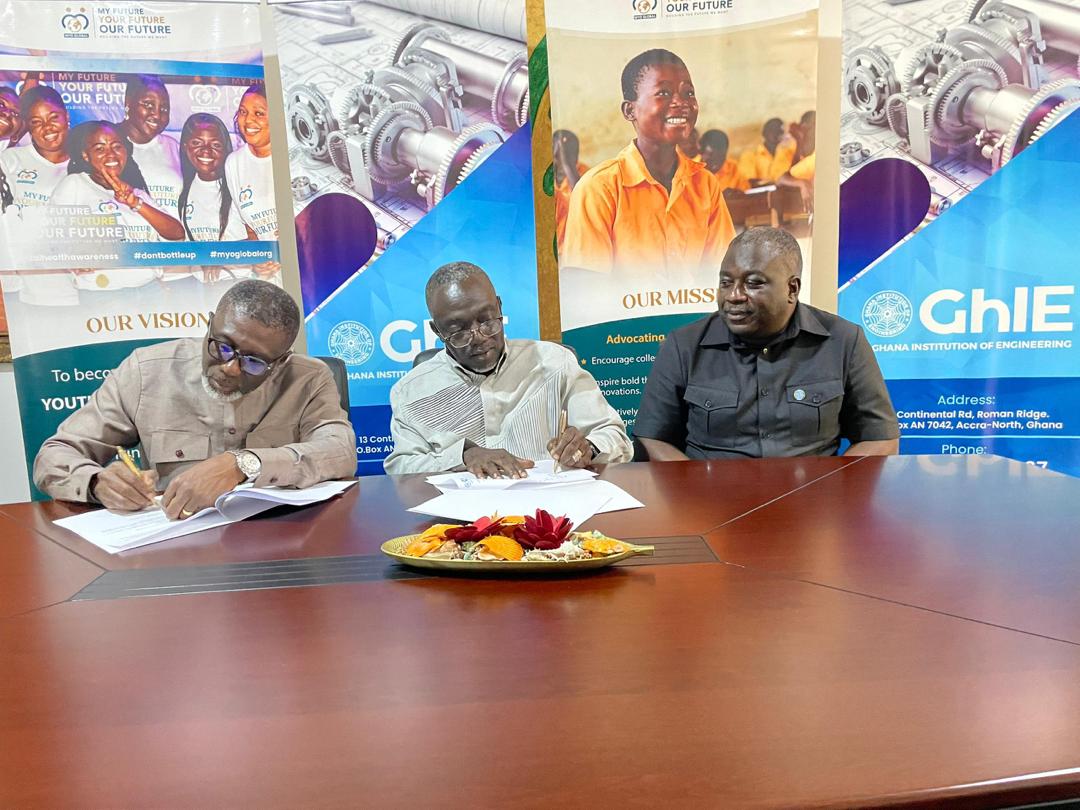

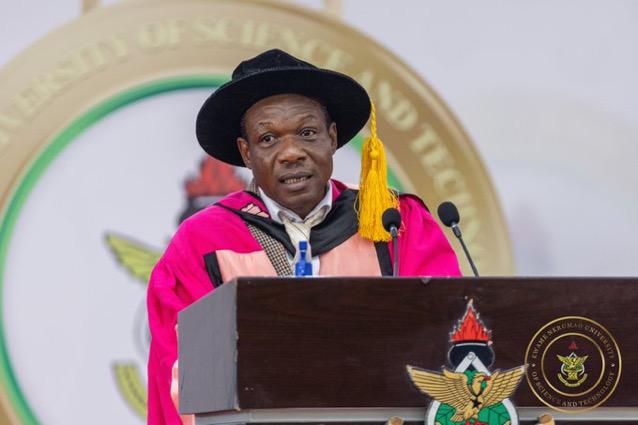

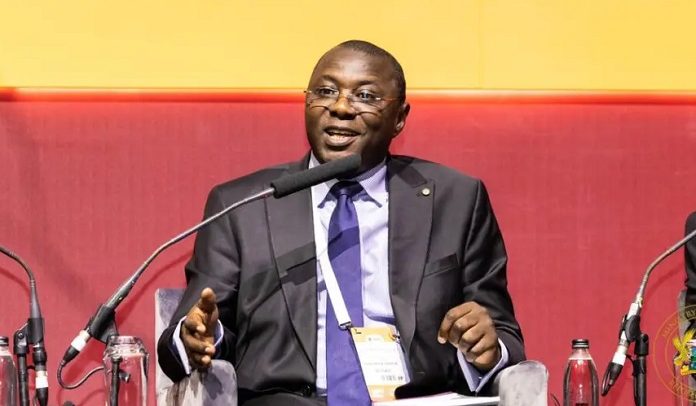

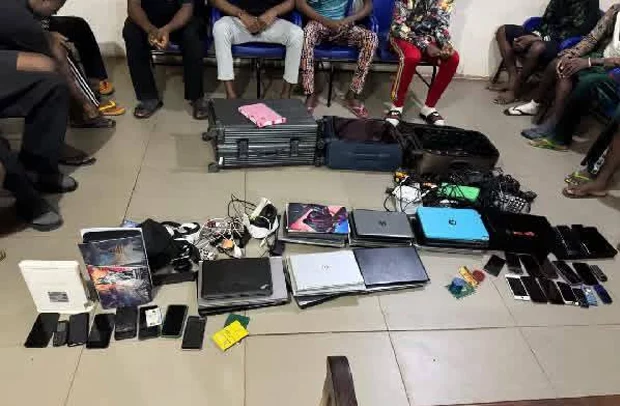


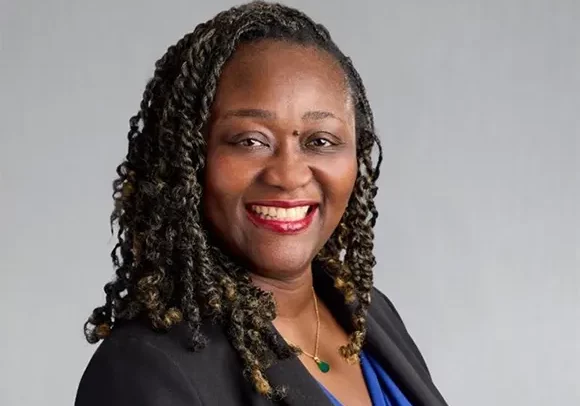







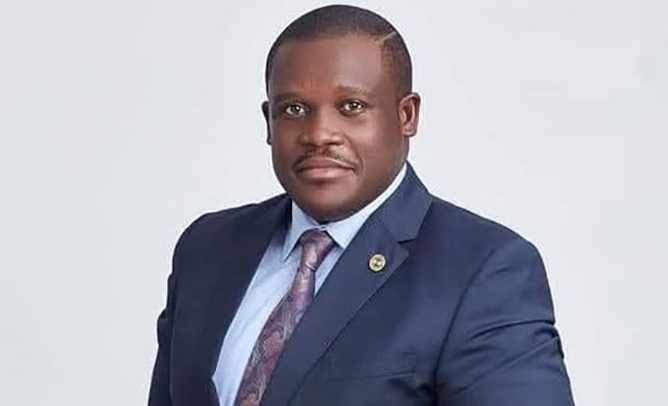
Facebook
Twitter
Pinterest
Instagram
Google+
YouTube
LinkedIn
RSS